An inauguration speech is a blank canvas. Presidents can say whatever they want, hit whatever note feels right, and channel whatever mood has, at that moment, seized the American populace. A president can appeal to our better angels, stir our worst fears, or move us toward a celebration of collective renewal.
In his first speech as the President of the United States on Friday, Donald J. Trump conjured a uniquely dark and inward-looking vision of America. Echoing the same themes that dominated his campaign speeches, the 45th president chose to describe a nation overrun by poverty, gangs, and violence, a country whose wealth has been bled dry by international obligations.
“We have defended other nations’ borders while refusing to defend our own, and spent trillions and trillions of dollars overseas while America’s infrastructure has fallen into disrepair and decay,” he said. “We have made other countries rich while the wealth, strength and confidence of our country has dissipated… [T]he wealth of our middle class has been ripped from their arms and redistributed all across the world.”
In sentence after sentence, Trump’s address underscored a world view grounded by the belief that U.S. foreign and domestic policy is, and must, operate as a zero-sum game: either the world wins or American wins. It cannot be both.
Read More: Full Transcript of Trump’s Inauguration Speech
Trump’s solution to the dystopia he so powerfully describes is protectionism, both economic and military. “We are assembled here today issuing a new decree to be heard in every city in every foreign capital and in every hall of power: from this day forward, a new vision will govern our land,” he announced. “From this day forward, it’s going to be only America First. America First.”
By Trump’s lights, the world now is a dangerous and predatory place, populated by thieves and criminals, hordes of workers poised to poach our industries. “We must protect our borders from the ravages of other countries, making our products, stealing our companies and destroying our jobs,” he said. “Protection will lead to great prosperity and strength.”
Instead of trying to export American values, he warned, like liberty and equality for women, the U.S. must close itself off to foreign engagement. American policy, he said, must be governed by “the understanding that it is the right of all nations to to put their own interests first.”
20 Photographs That Show the Essential Donald Trump
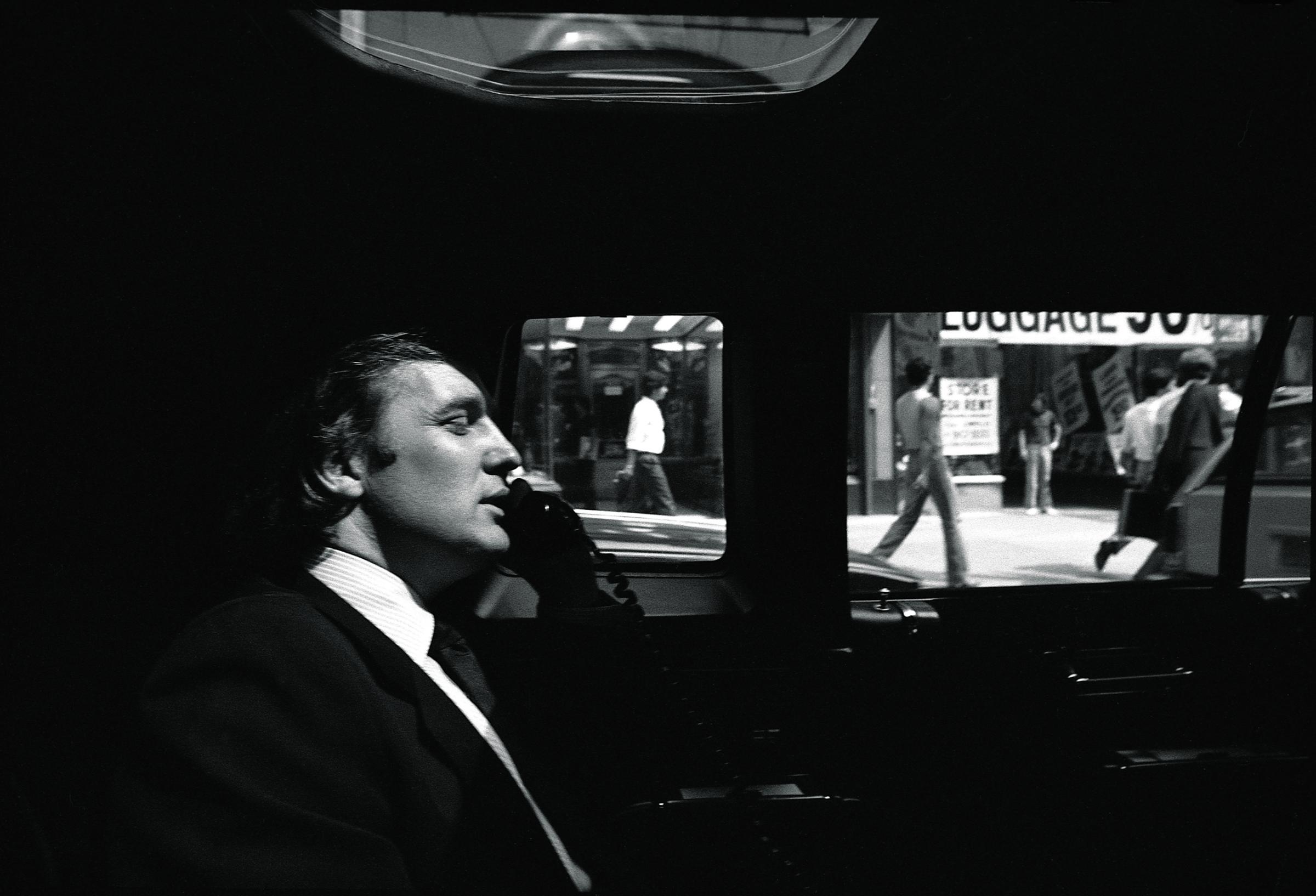
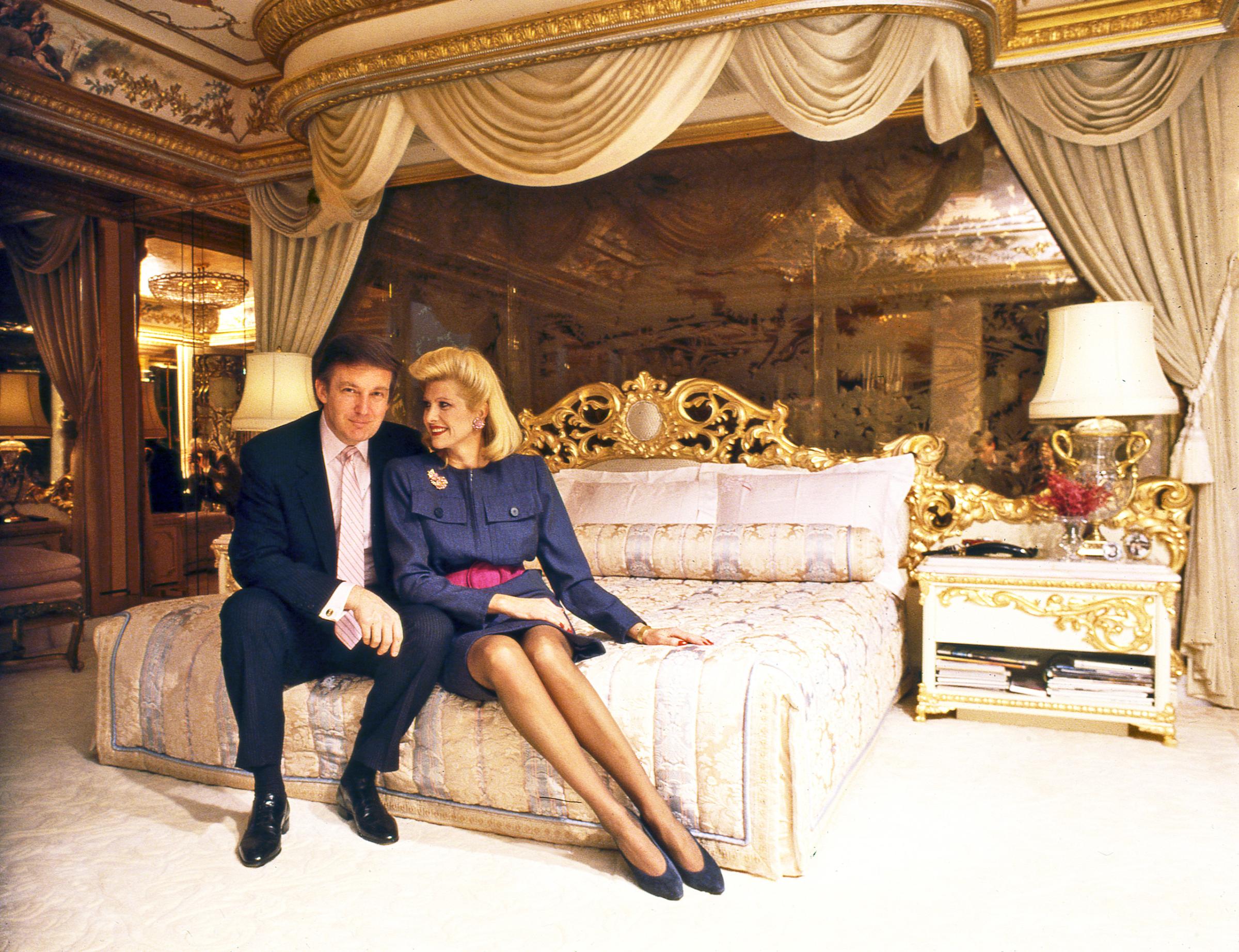
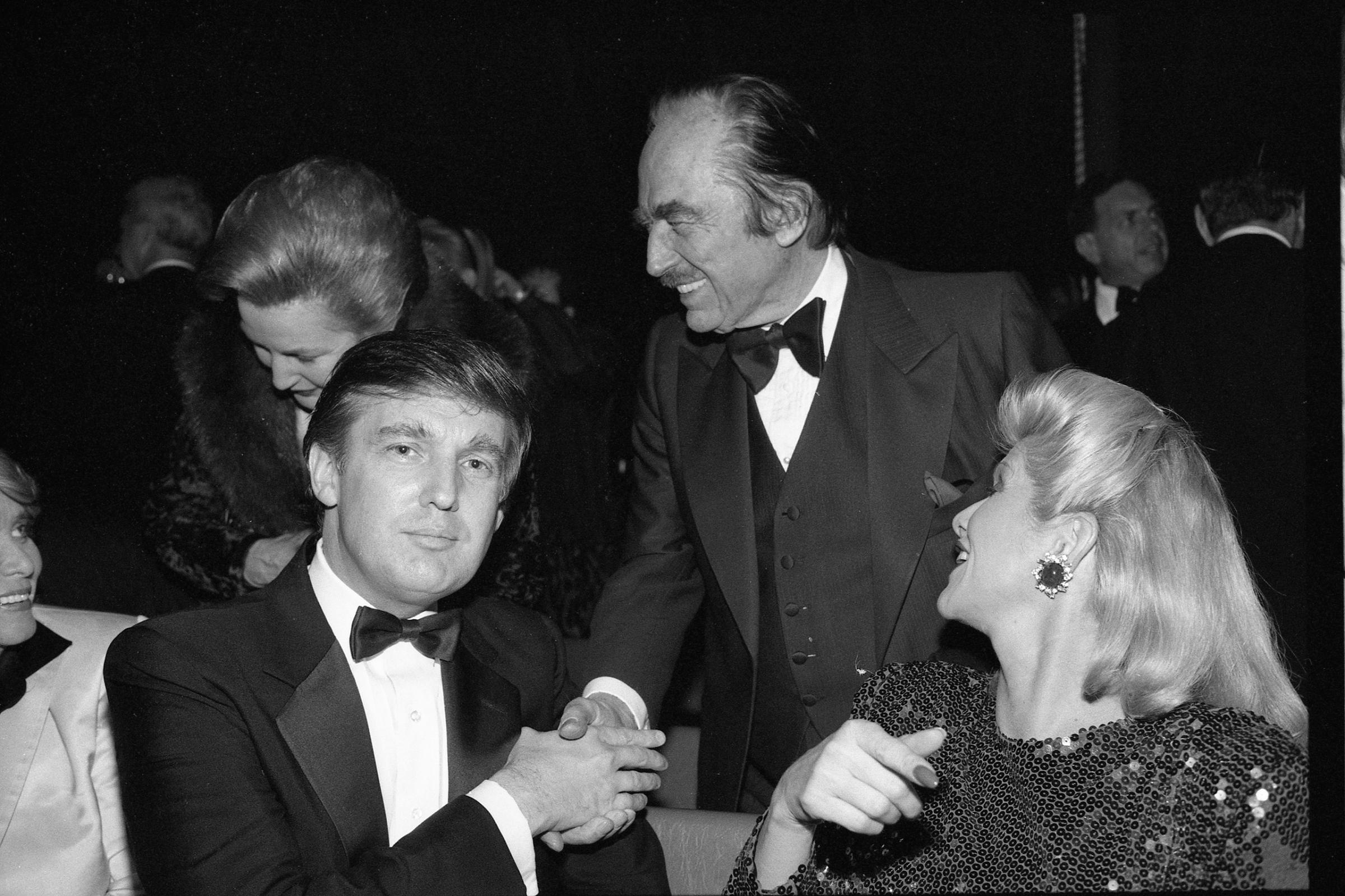

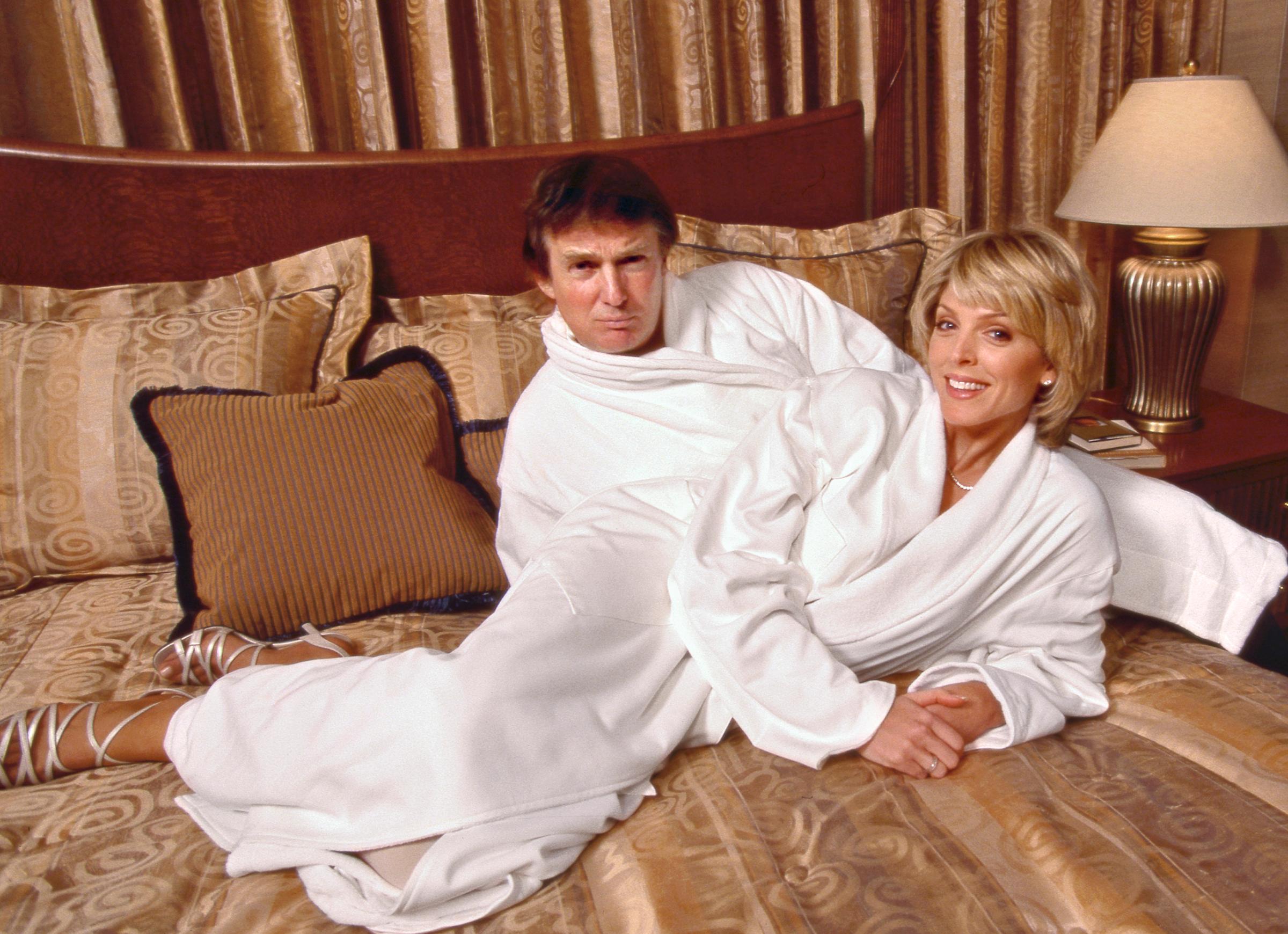
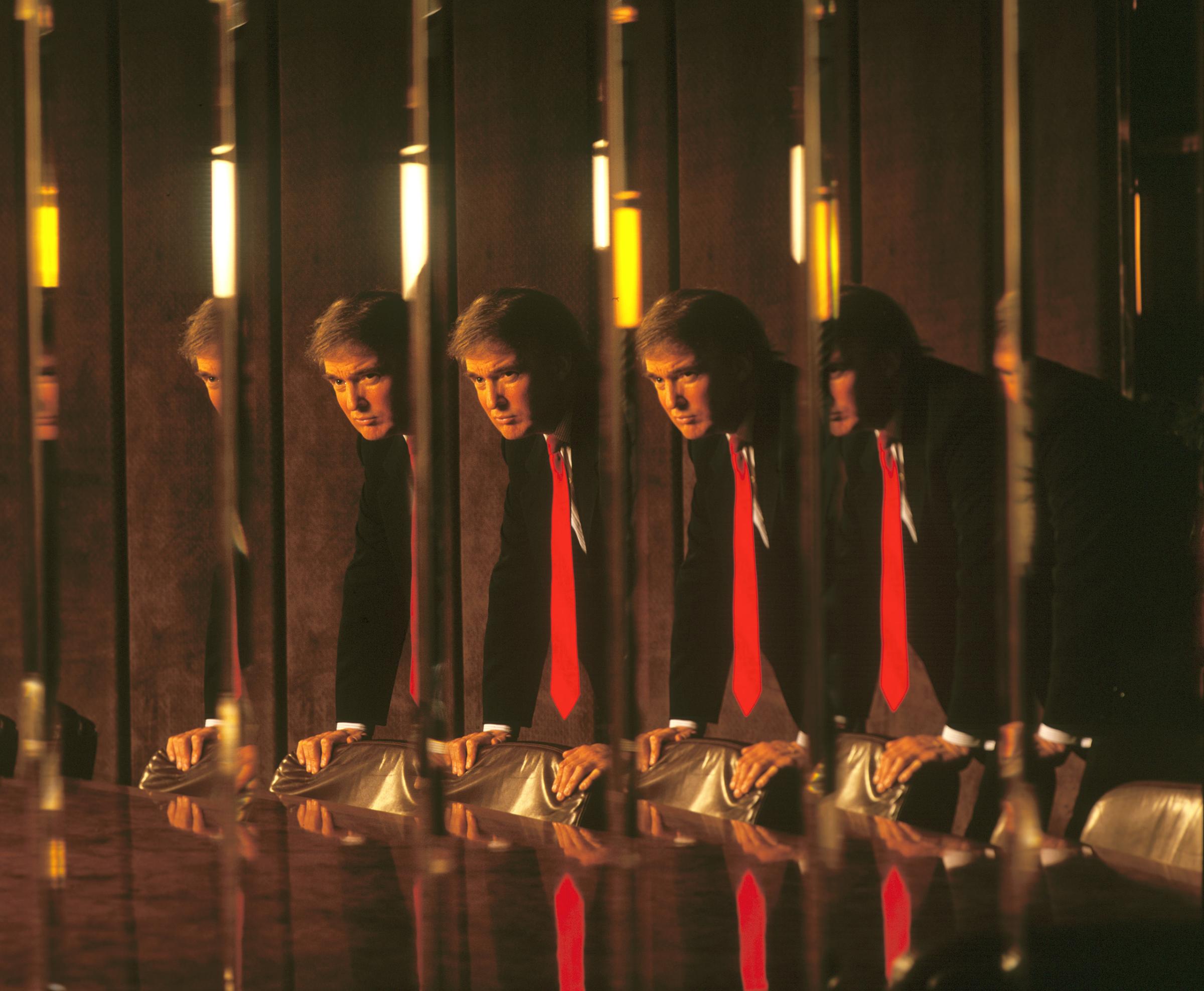
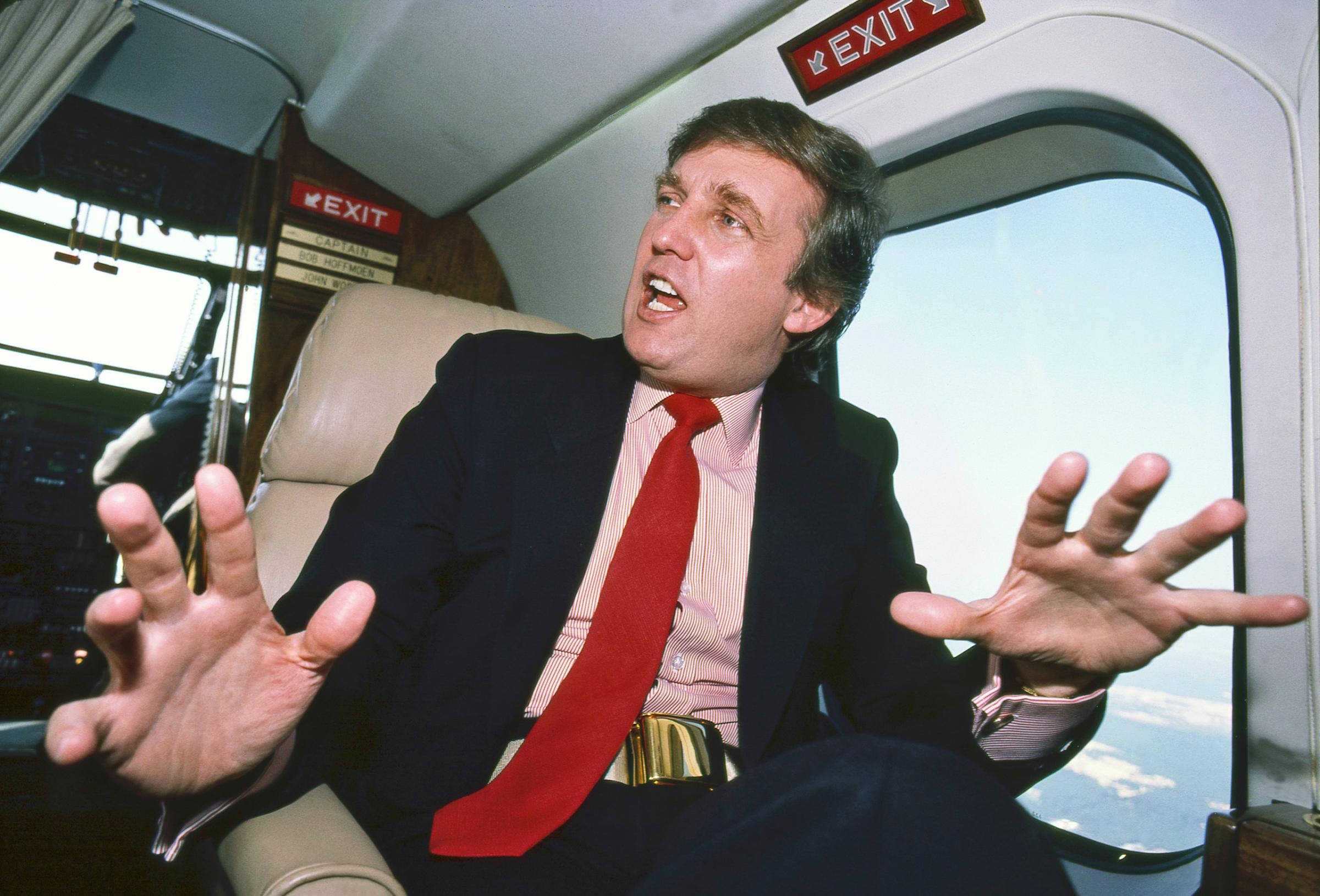
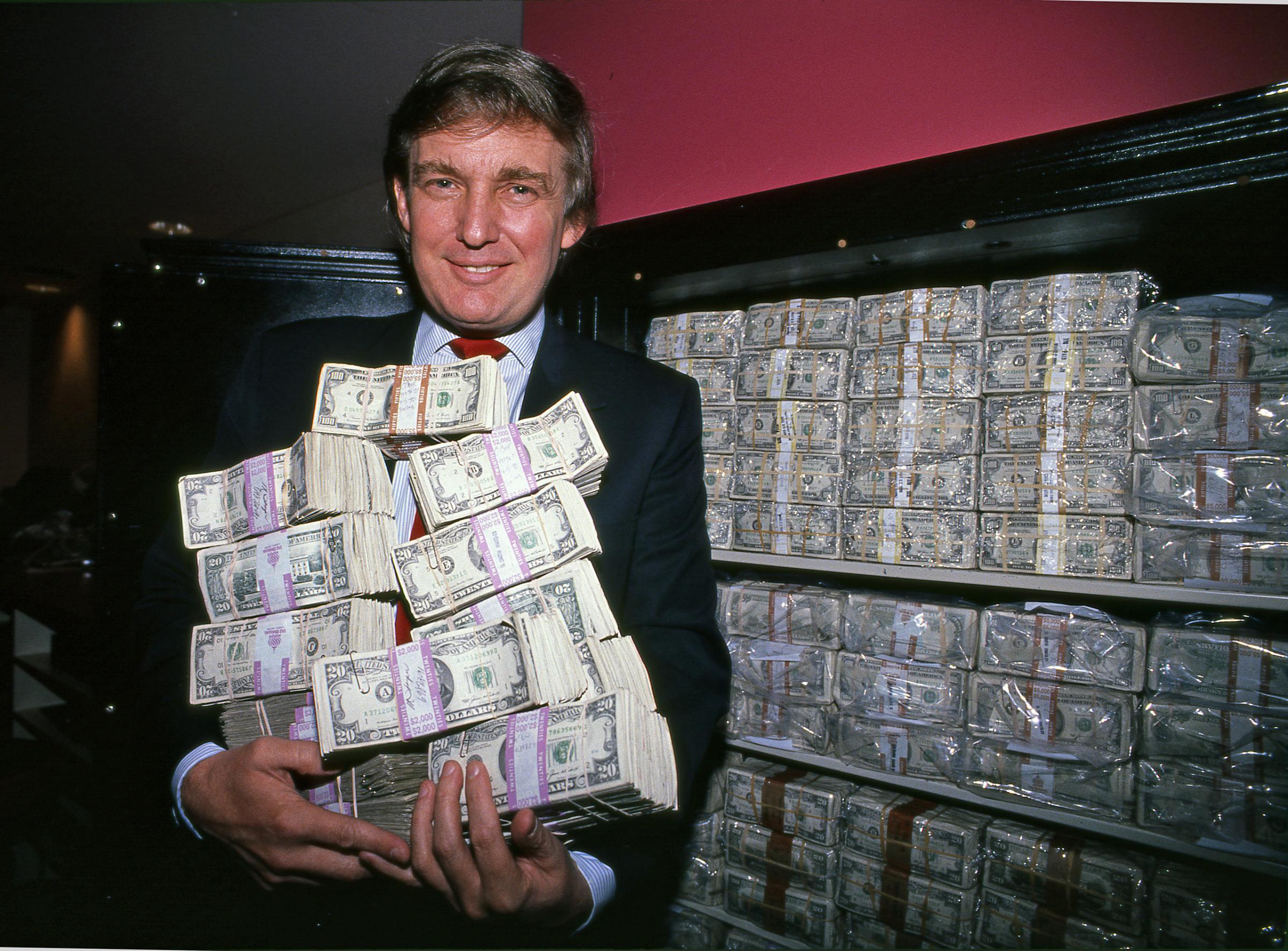
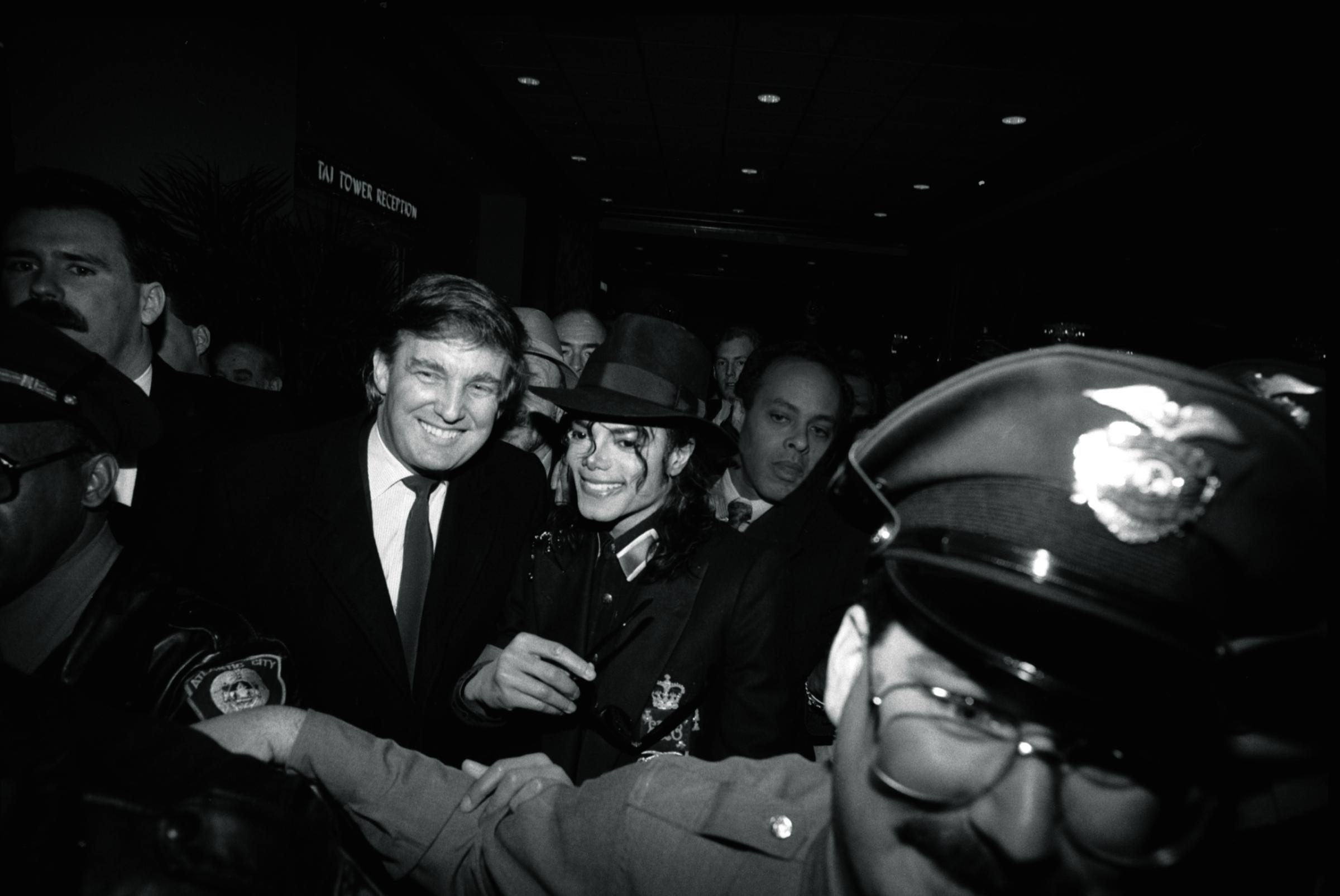

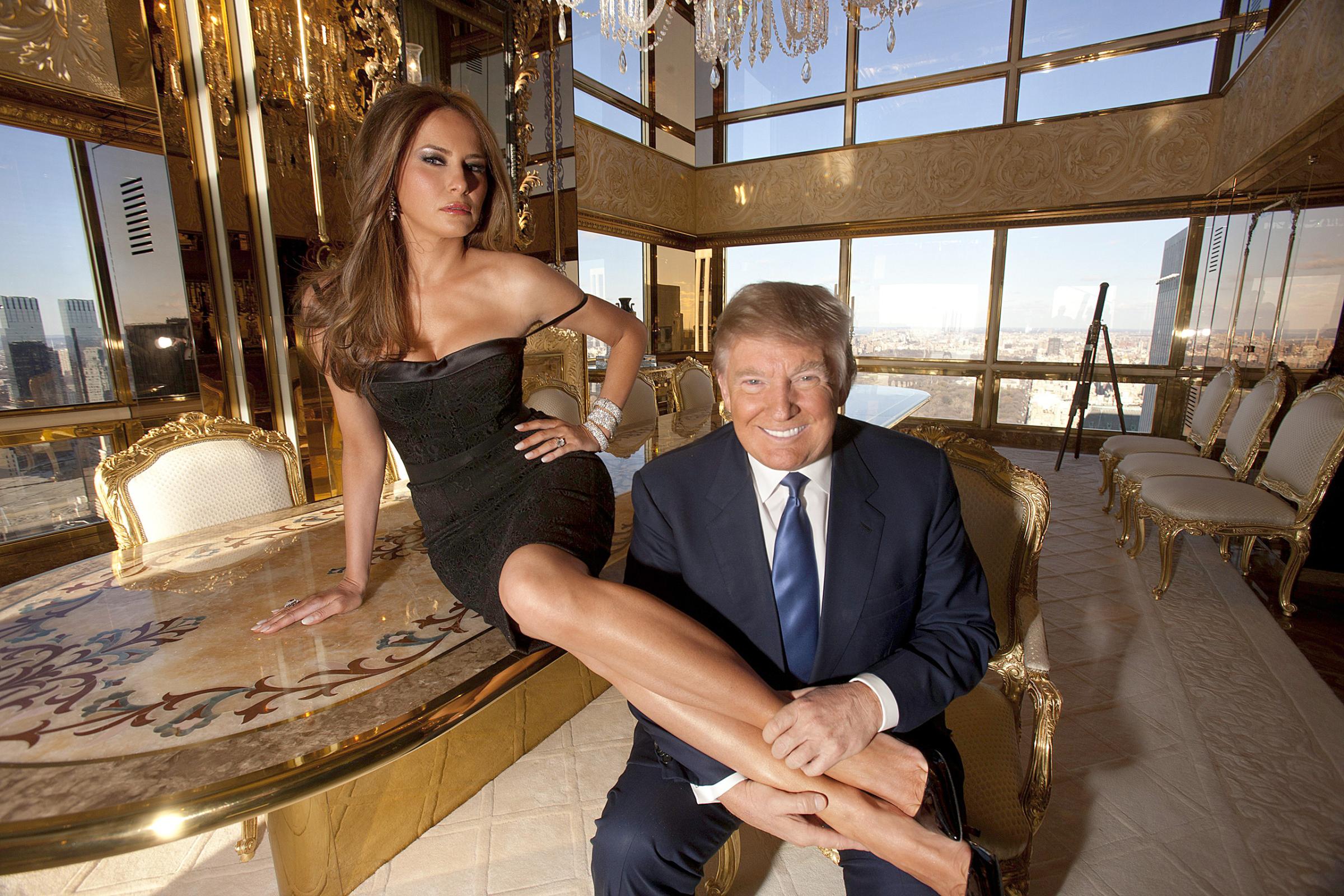
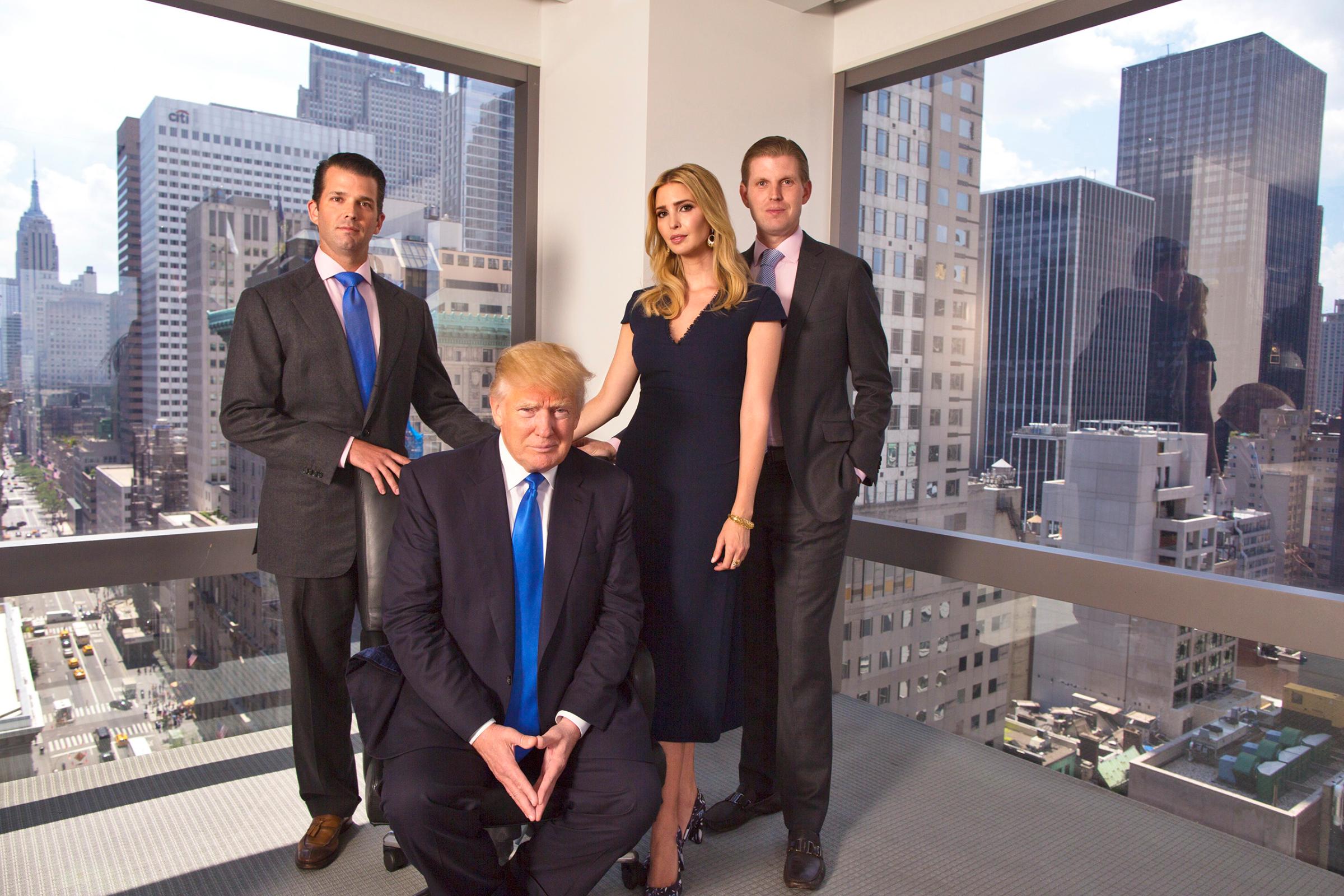
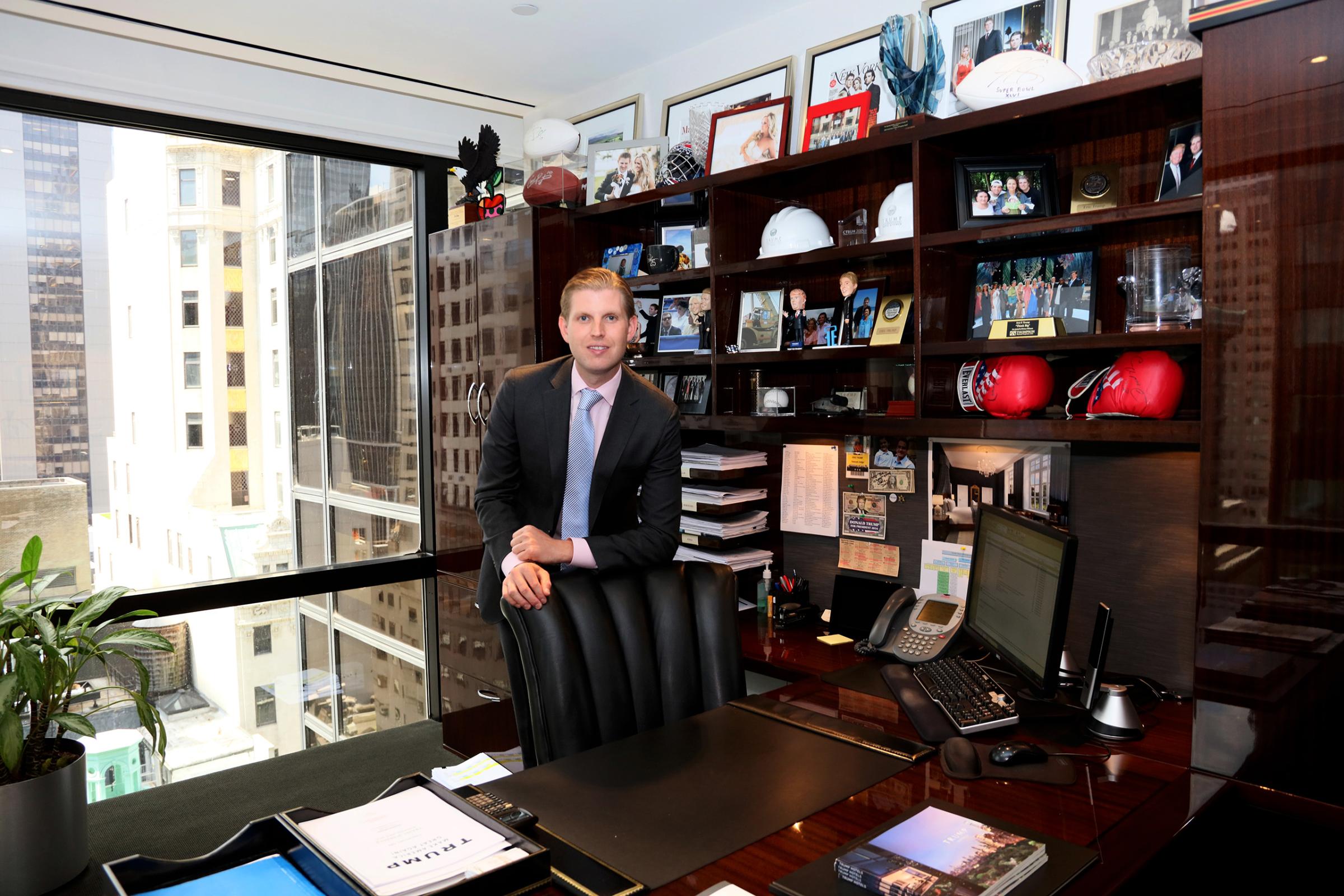
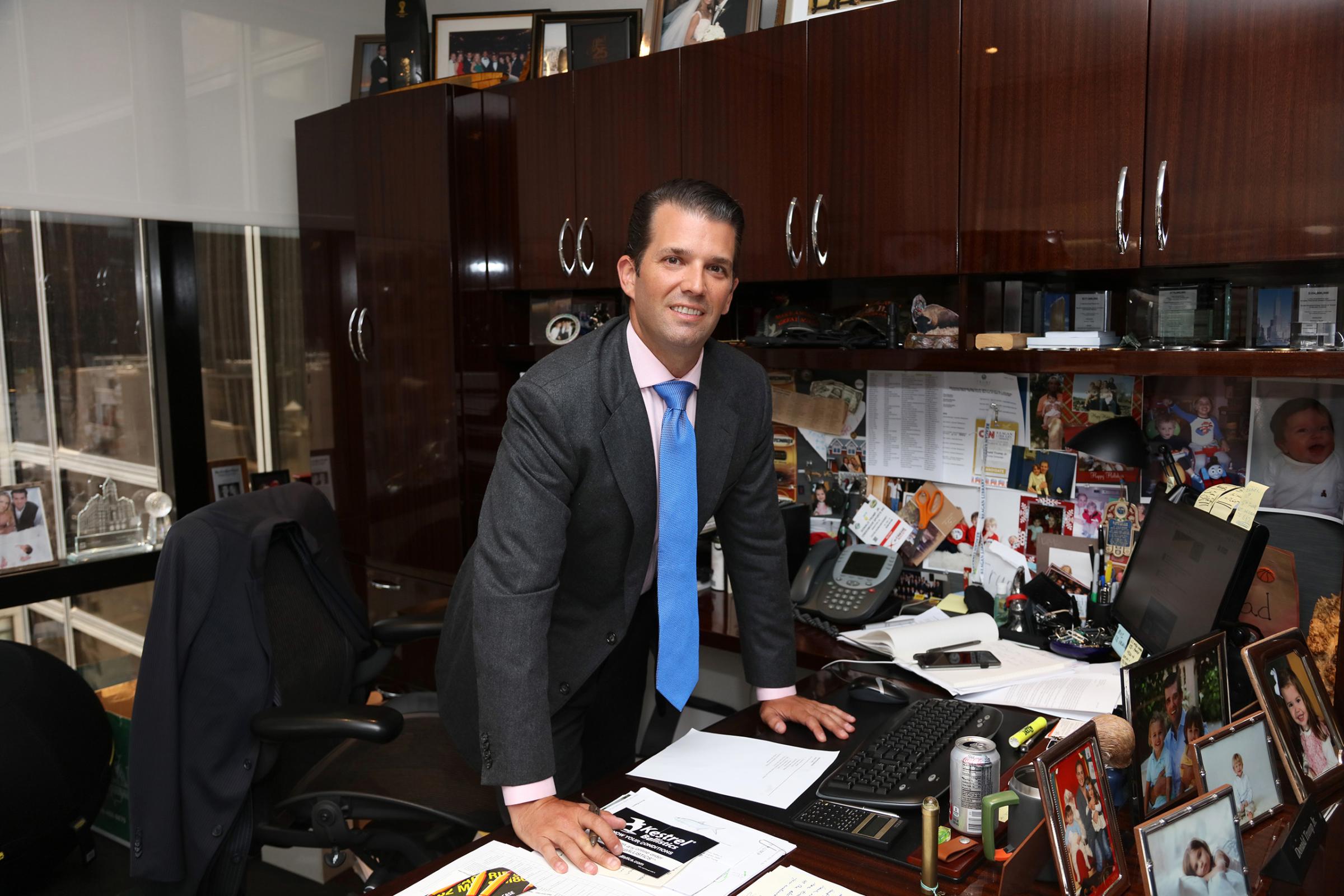
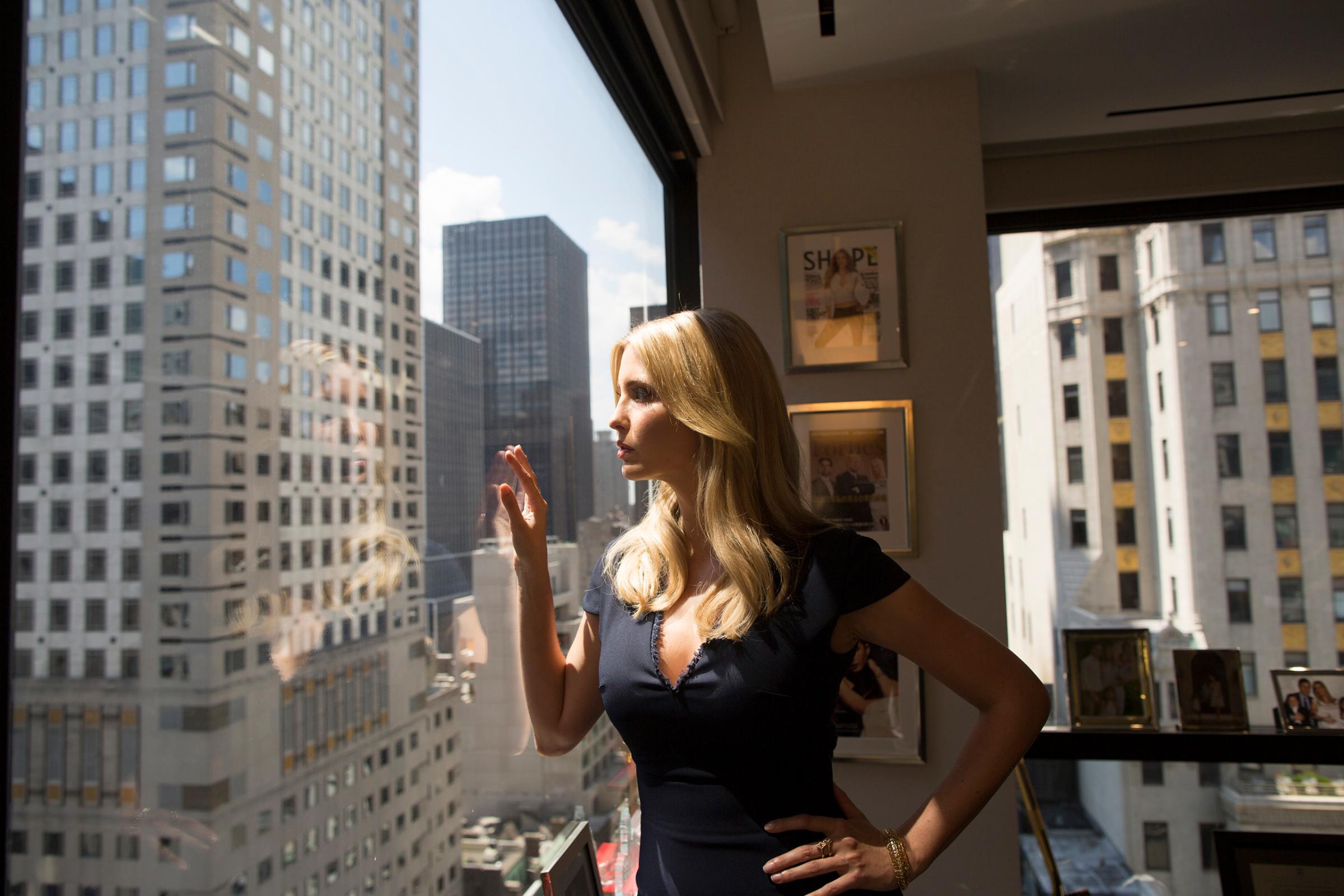
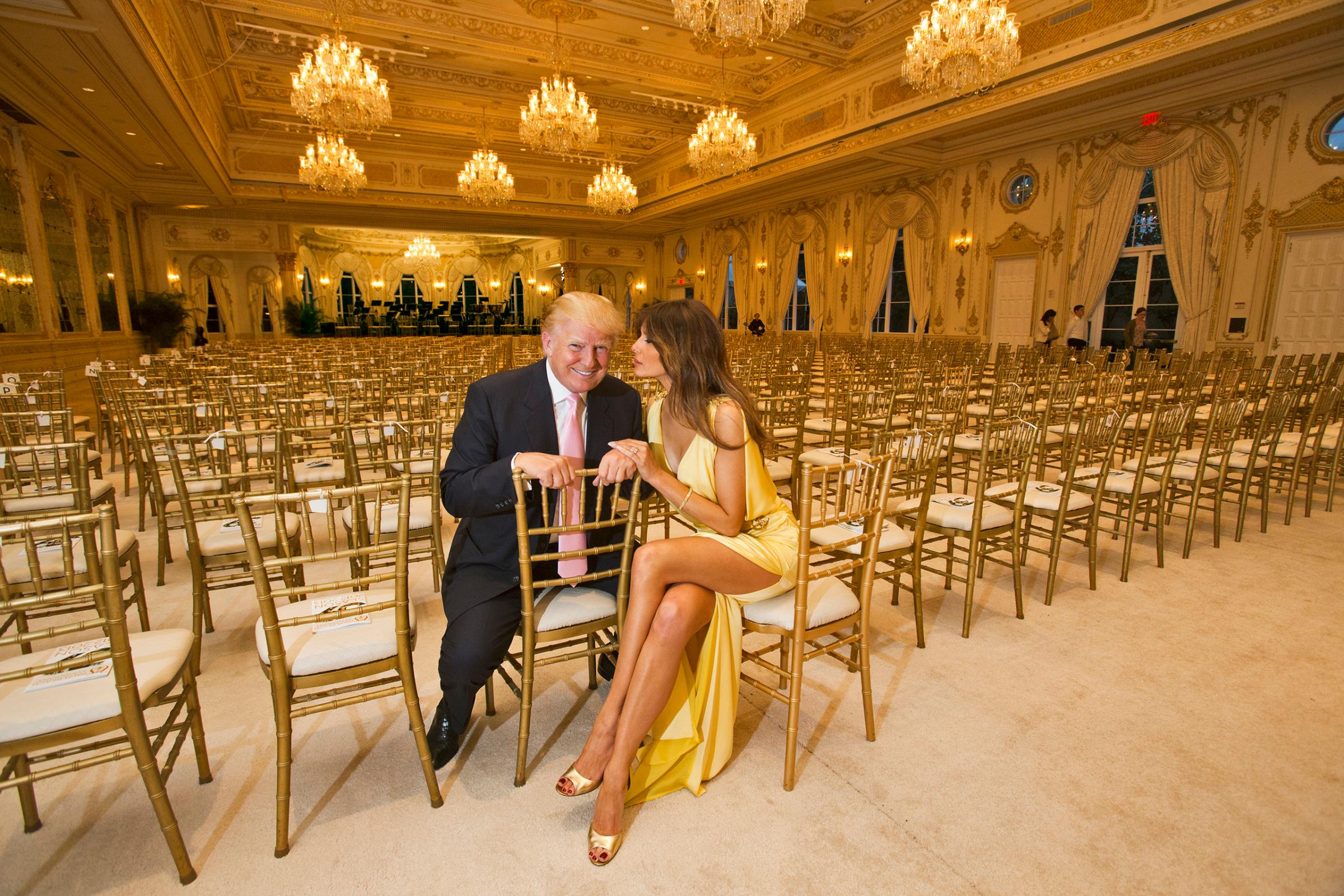
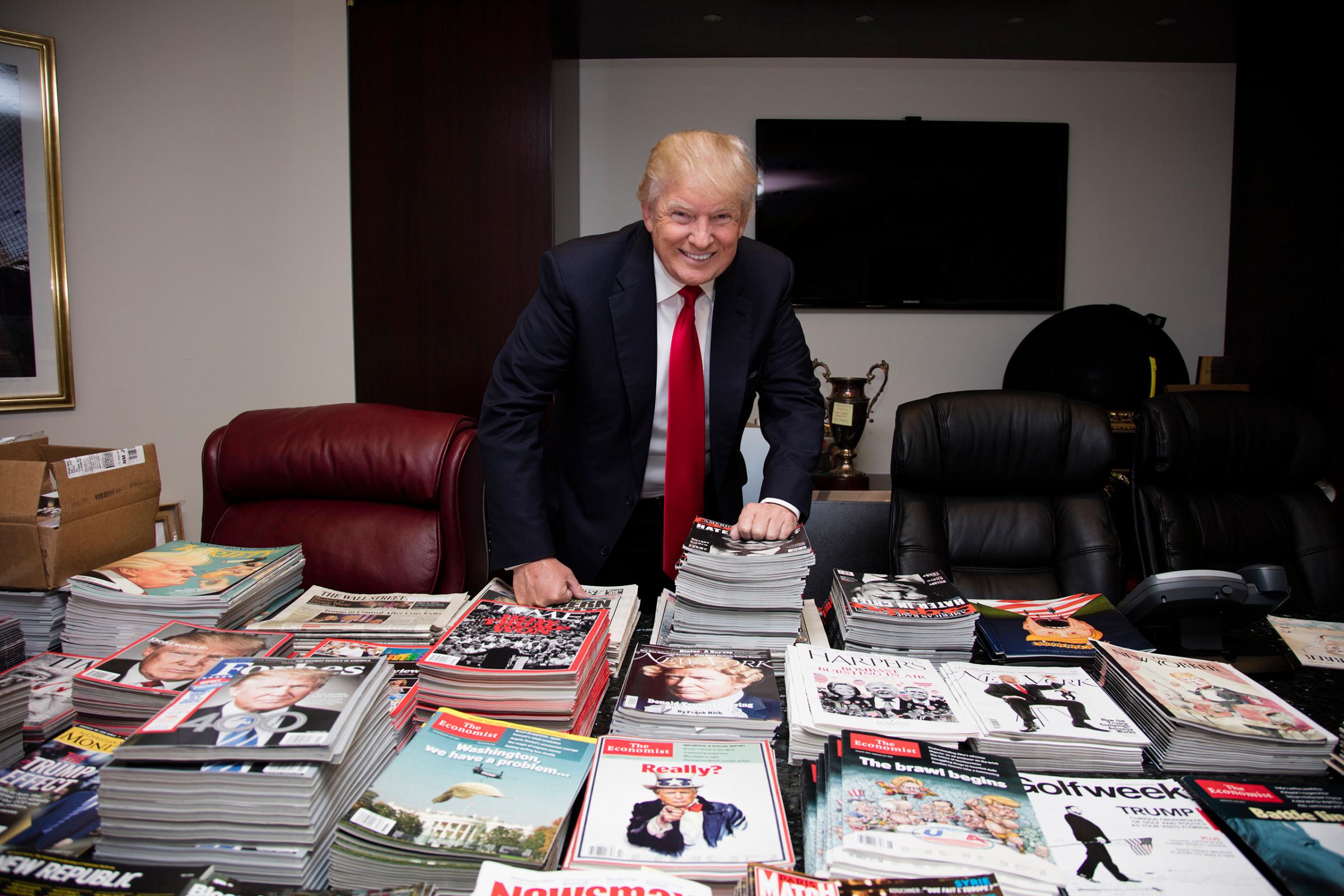
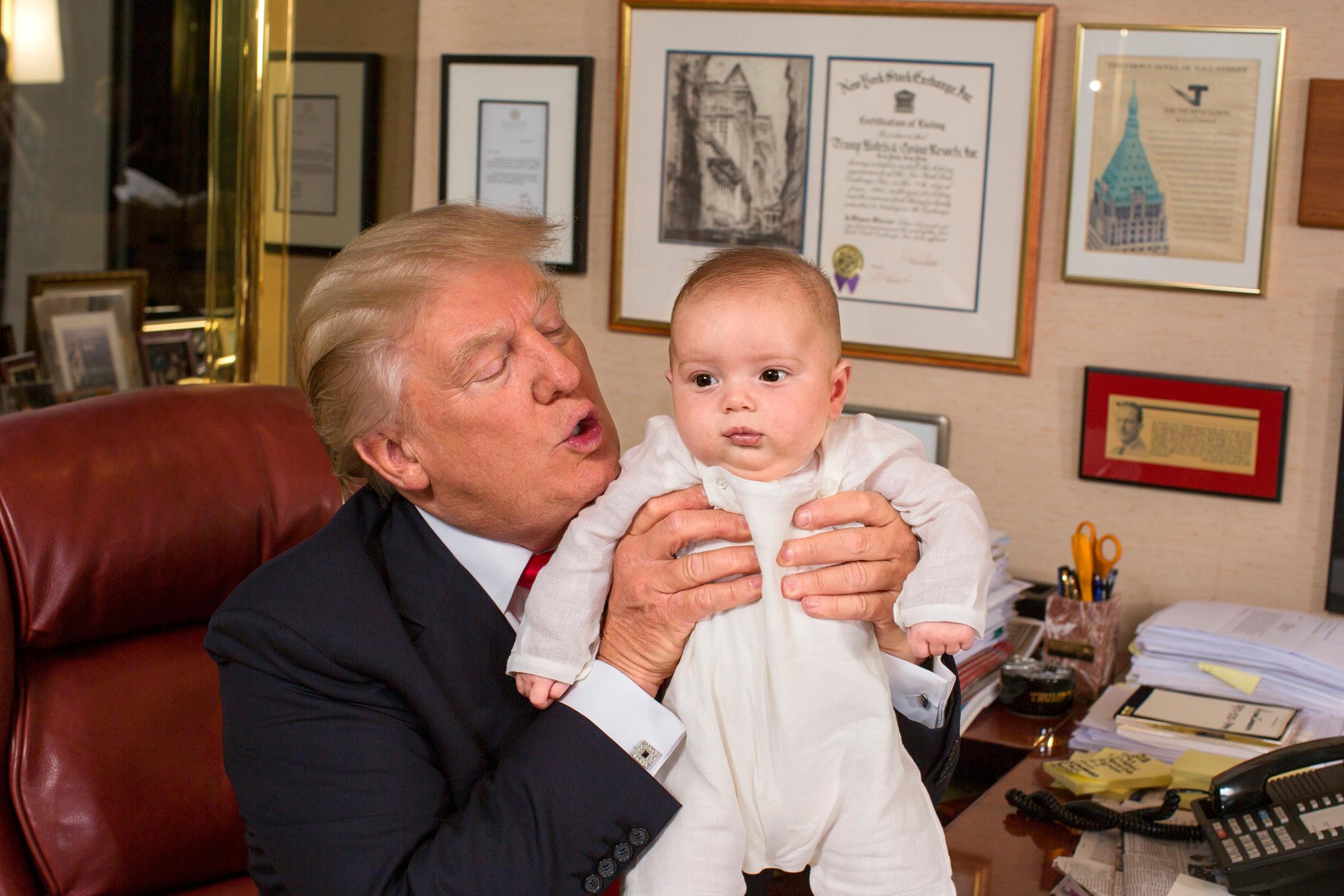
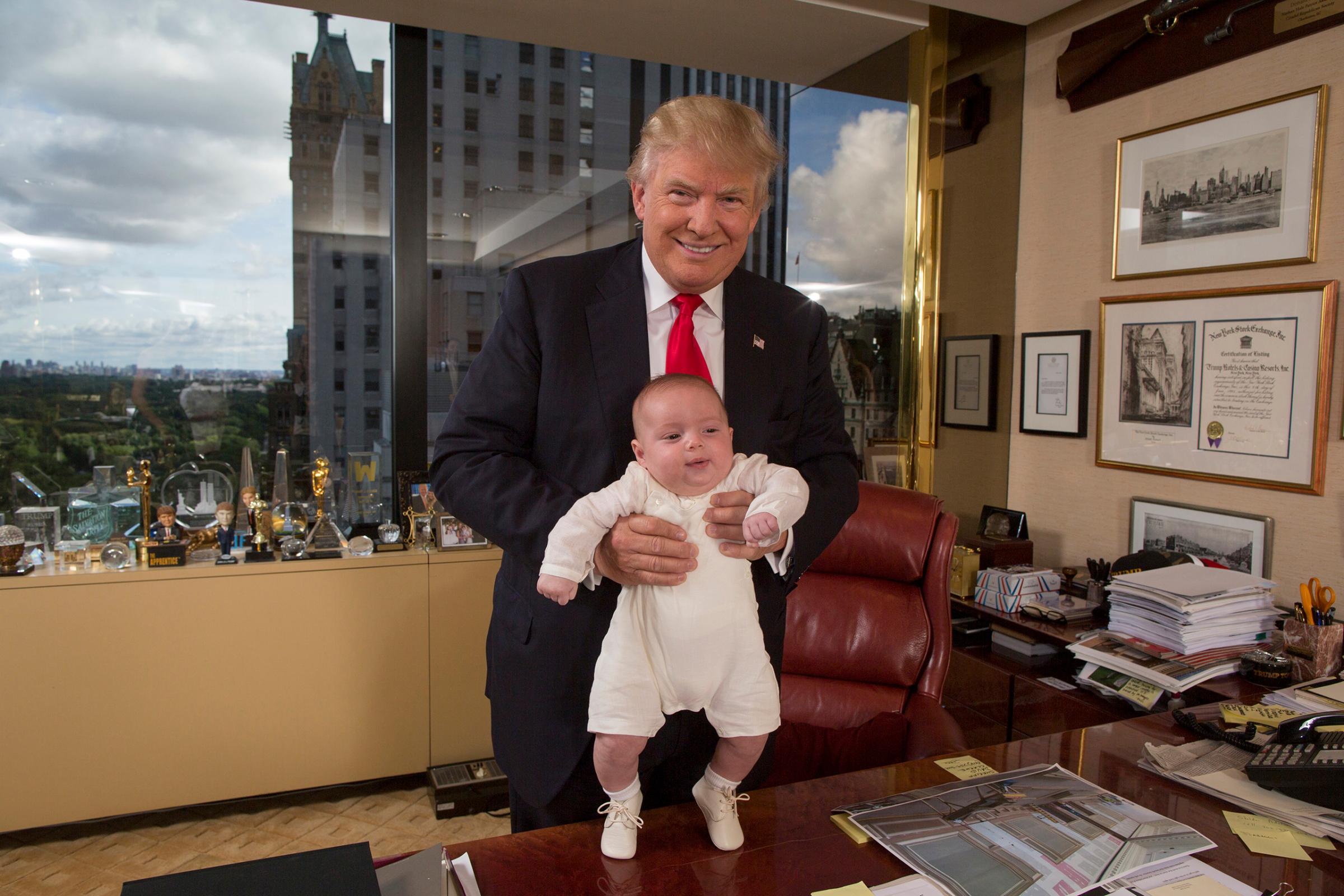
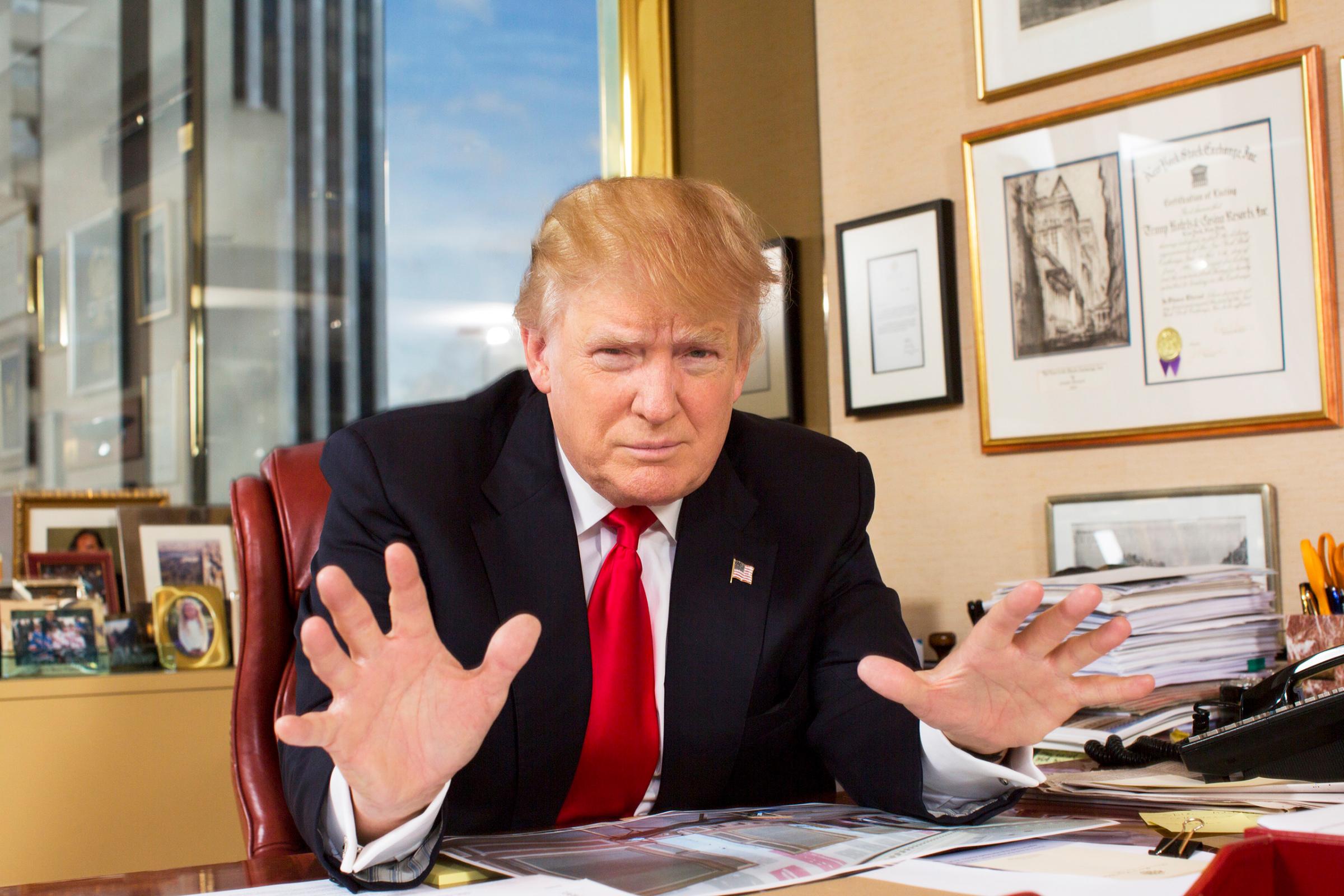
Trump’s “America First” vision earned cheers and fist-pumps among the tens of thousands standing in the rain in Washington, D.C., on Friday. But it also sent shivers down the spines of lawmakers, policy wonks and citizens on both ends of the ideological spectrum. Trump’s vision of the world, after all, is new. It is neither traditionally Republican nor Democratic. And it marks a profound shift in the philosophy that has undergirded U.S. economic and foreign policy under both parties’ administrations for seventy-five years.
In the wake of World War II, the great powers of the Western world joined to create the institutions of economic and military interdependence, like the North Atlantic Treaty Organization and the United Nations, that we have today. The idea behind those bodies was partly to maintain world peace. By fostering a world order in which nations were economically, militarily and morally dependent on one another, we would not go to war with each other. Their creation was also grounded in the belief, precisely on the opposite of what Trump offers today, that international cooperation is a non-zero sum game. A rising tide raises all boats.
U.S. presidents of both parties, from Franklin Delano Roosevelt to Ronald Reagan, from George H.W. Bush to Barack Obama, defended and sustained this vision of American interdependence—often under considerable criticism. It is a world view that has, over the last seven decades, been hard fought, hard won, the subject of repeated and heated political debates. At the center is the understanding that, by choosing to wade into the complicated world outside of our borders, Americans choose a great burden in exchange for a less tangible strength.
Trump’s address Friday was, at heart, a repudiation of this world view. As the President of the United States, Trump now promises to close off our borders, turn our eyes inward and wrap our great wings around ourselves. It remains to be seen whether America, one day emerging from this self-imposed cocoon, will find itself first.
Correction: An earlier version of this post incorrectly stated the name of the North Atlantic Treaty Organization.
More Must-Reads from TIME
- Donald Trump Is TIME's 2024 Person of the Year
- Why We Chose Trump as Person of the Year
- Is Intermittent Fasting Good or Bad for You?
- The 100 Must-Read Books of 2024
- The 20 Best Christmas TV Episodes
- Column: If Optimism Feels Ridiculous Now, Try Hope
- The Future of Climate Action Is Trade Policy
- Merle Bombardieri Is Helping People Make the Baby Decision
Write to Haley Sweetland Edwards at haley.edwards@time.com